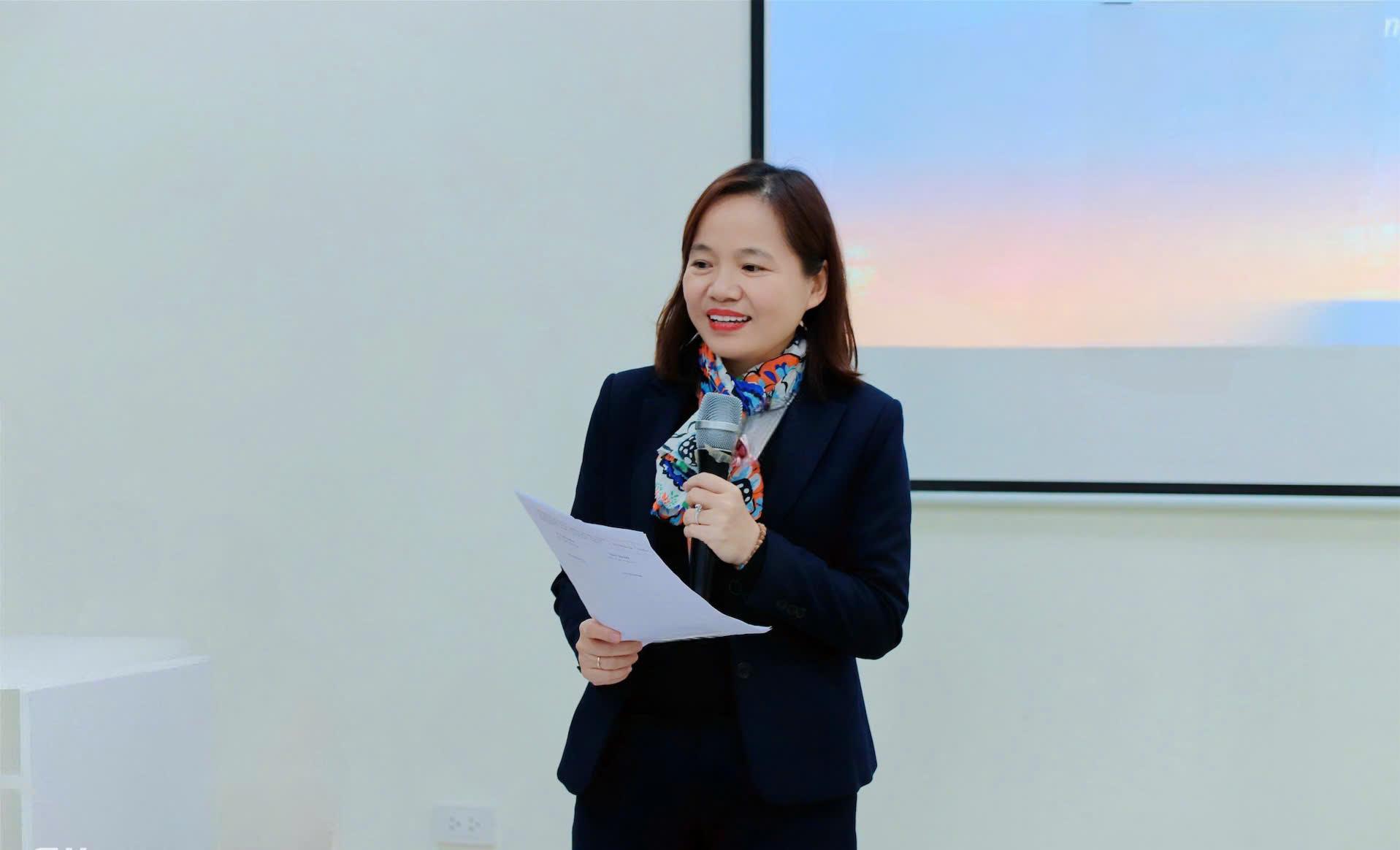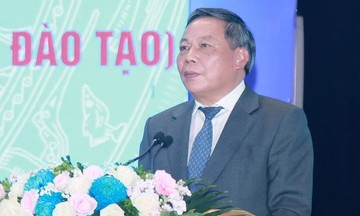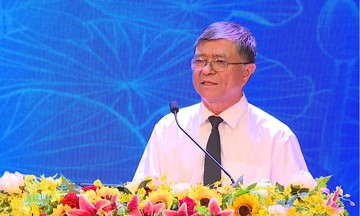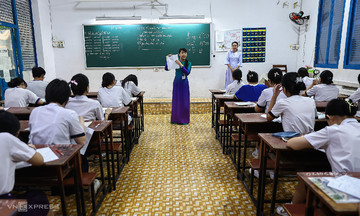Associate Professor Doctor Pham Thi Lien, director of training and head of the Faculty of Business and Finance at Asia Vietnam, observes three main trends currently shaping the financial industry: intelligent technology, financial security, and green finance. Among these, intelligent technology is the driving force behind the industry's transformation.
In the context of rapid technological advancement, financial technology (fintech) is redefining the financial job market. AI can replace general staff, blockchain paves the way for digital assets, and financial services are becoming increasingly digitized. Therefore, finance students need to be equipped with both professional knowledge and digital literacy – knowing how to leverage technology to manage finances.
 |
Associate Professor Doctor Pham Thi Lien, director of training and head of the Faculty of Business and Finance at Asia Vietnam. Photo: Asia Vietnam |
Associate Professor Doctor Pham Thi Lien, director of training and head of the Faculty of Business and Finance at Asia Vietnam. Photo: Asia Vietnam
In the online seminar "Leading the Financial Industry in the Digital Age" organized by Asia Vietnam on 14/6, Master of Science Nguyen Chien Thang, director of the Information Technology Development Center at Saigon Hanoi Bank (SHB), shared that to succeed in this rapidly evolving technological landscape, financial professionals need three key elements: financial and banking expertise, mastery of technology, especially AI and data, and comprehensive soft skills.
According to experts at the seminar, around 200 fintech companies are currently operating in Vietnam. Digital finance models like MoMo, ZaloPay, and online investment platforms are thriving. AI can now perform the work of dozens of risk analysts, marking a significant turning point in productivity and efficiency for the industry.
To meet these market demands, the Bachelor of Finance program at Asia Vietnam—a joint program between FPT University and Asia University (Taiwan, China)—focuses on developing both financial and technological skills. Students follow a 50/50 model, studying 50% in Vietnam and 50% in Taiwan.
About one-third of the curriculum directly relates to applied technologies like AI, big data, and blockchain. Students will take courses such as digital finance and green finance, and practice with tools like Power BI, Tableau, SPSS, and ChatGPT to process data and make informed decisions. Two specialized tracks, fintech and investment & financial management, allow students to personalize their learning journey based on their career goals.
After two years of study in Vietnam, students can transfer to Asia University, whose business and economics program ranks between 176th and 200th (according to THE 2025) and holds the prestigious AACSB accreditation.
 |
Parents learn about the Asia Vietnam program. Photo: Asia Vietnam |
Parents learn about the Asia Vietnam program. Photo: Asia Vietnam
Doctor Hoang Viet Ha, director of Asia Vietnam, noted that global fintech is experiencing rapid growth, even reaching triple digits in some financial centers. This surge has led to a high demand for professionals in digital finance, AI and data, blockchain, security, and electronic payments.
Graduates of the program can intern at major financial corporations in Taiwan such as Cathay Financial Holdings, Fubon Financial Holdings, and KGI Securities or apply to over 4,000 Taiwanese companies operating in Vietnam.
"With a foundation in finance, technology, and a global mindset, Asia Vietnam students can compete in any market. We aim to train young people to be proficient in their fields, technologically adept, and ready for international integration," he emphasized.
On 26/7, Asia Vietnam will co-host the "Fintech 2025 Seminar: Digital Financial Strategies for Businesses" in Hanoi, providing an opportunity for businesses, experts, parents, and students to explore the fintech industry in Vietnam.
Nhat Le












